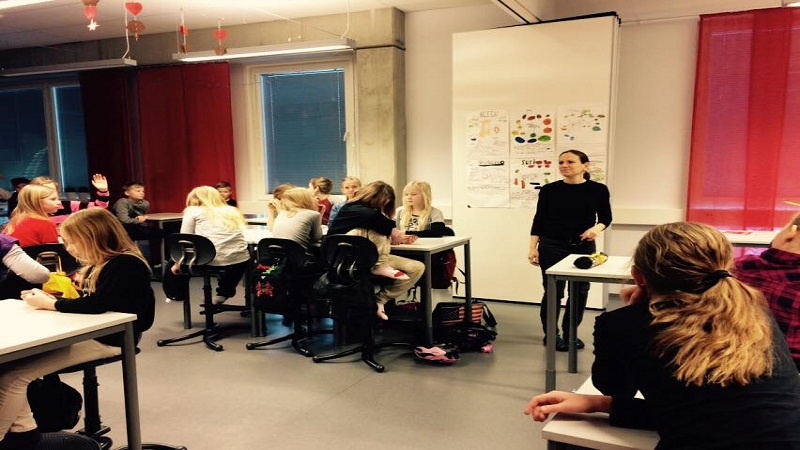In the realm of scientific exploration, the term “experimental study” resonates profoundly. It embodies the essence of rigorous inquiry and systematic investigation. An experimental study is a meticulously designed research methodology, aiming to uncover causal relationships between variables. Researchers meticulously plan, execute, and analyze experiments to draw meaningful conclusions.
The Significance of Experimental Studies
In the scientific landscape, experimental studies hold a paramount position. They serve as the cornerstone for innovations, medical breakthroughs, and technological advancements. By meticulously manipulating variables and observing outcomes, researchers gain invaluable insights. These studies pave the way for evidence-based decision-making, fostering progress in diverse fields.
Navigating the Experimental Study Landscape

Understanding the Basics
Embarking on the journey of experimental studies necessitates a firm grasp of foundational concepts. Researchers meticulously define hypotheses, identify variables and craft experimental designs. Understanding these basics is akin to deciphering the language of science.
Types of Experimental Studies
Exploring the nuances of experimental studies reveals a diverse landscape. From controlled experiments to field studies, each type offers unique perspectives. Controlled experiments occur in a controlled environment, allowing precise observations. Field studies, conversely, unfold in natural settings, offering a glimpse into real-world scenarios.
Conclusion: Embracing the Realm of Possibilities
In essence, an experimental study is a gateway to uncharted territories, where curiosity meets methodology. By delving into the intricacies of experimental studies, researchers unlock the doors to innovation, driving progress and shaping the future. As we celebrate the power of experimentation, we invite you to embark on your scientific odyssey, exploring, questioning, and discovering in the limitless realm of experimental studies.
Common FAQs about Experimental Studies
What is the primary objective of an experimental study?
An experimental study aims to establish cause-and-effect relationships between variables, providing invaluable insights for scientific communities.
How are variables controlled in experimental studies?
Variables are meticulously controlled through careful experimental design, ensuring accuracy and reliability in observations.
Can experimental studies be conducted in social sciences?
Absolutely. Experimental studies in social sciences delve into human behavior, societal patterns, and psychological phenomena, enriching our understanding of complex social dynamics.
Why is randomization crucial in experimental studies?
Randomization minimizes bias, ensuring that each participant has an equal chance of being exposed to different experimental conditions, enhancing the study’s validity.
What role does replication play in experimental research?
Replication validates study findings. When experiments are replicated and yield consistent results, the findings gain credibility and contribute significantly to scientific knowledge.
How do researchers analyze data in experimental studies?
Researchers employ statistical analysis techniques to interpret data, transforming raw observations into meaningful insights, and fostering evidence-based conclusions.







